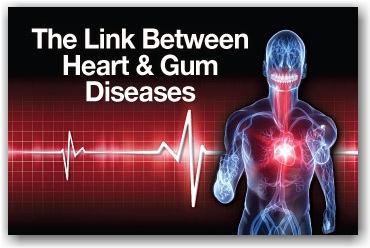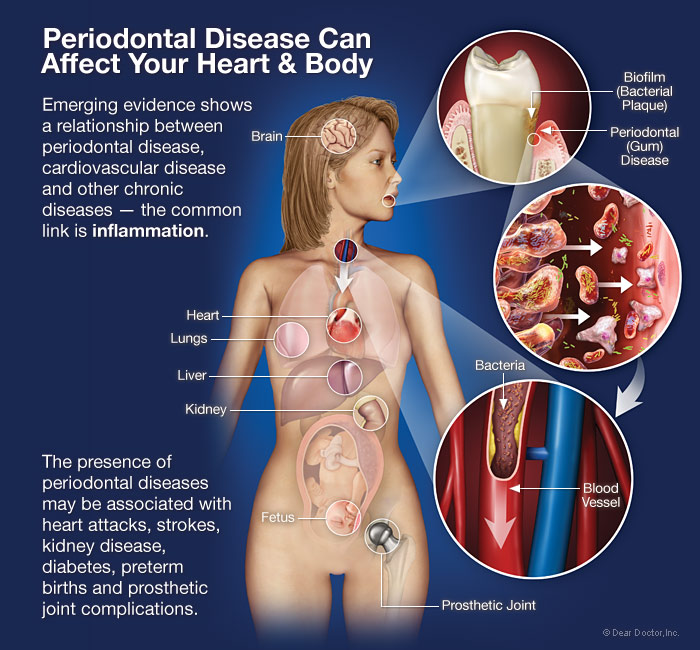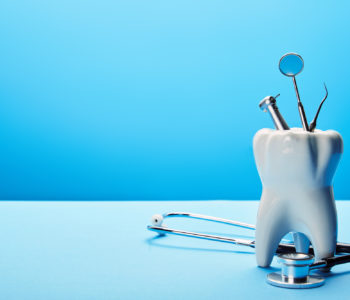 Dental Health
Dental Health
Periodontal Disease and Heart Disease – An Unexpected Link
If you have periodontal disease, you might not know that you could also be at higher risk for heart disease. But scientific studies have shown that there is a potential link between the two. In order to understand that link, let’s take a closer look at periodontal disease and heart disease.
What is Periodontal Disease?
The word “periodontal” basically translates to “around the teeth.” Periodontal disease happens when the area around your teeth gets infected with bacteria, which then start to multiply. Generally, that can happen when you don’t brush and floss your teeth properly on a regular basis, or when you don’t see a dentist for regular cleanings.
That being said, you could have great dental hygiene and still be at risk for periodontal disease if you take certain medications. If you take any pills that can cause dry mouth for example, you should work closely with your dentist and your doctor to make sure that your gums and teeth stay healthy.
What Are The Symptoms of Periodontal Disease?
There are many symptoms of periodontal disease that you should be on the lookout for. Two of the most common are swelling and bleeding. When your gums get infected, they will start to swell and bleed. The bleeding won’t occur on its own, but it will be very obvious when you brush your teeth or chew any hard foods like apples or corn on the cob. Your gums might also start to change color during that time.
As periodontal disease starts to advance, it can also cause other symptoms. One of the worst is receding gums. That basically means that your gums will start to shrink away from your teeth or not bond as closely to them. As your gums recede, your teeth can shift position because they will be more exposed and not anchored as well to your jaw. They can even become loose. That’s probably a good enough reason for you to want to keep periodontal disease in check, but if it gets advanced enough it can also start to have a negative impact on the rest of your body, especially your heart.

How Can Periodontal Disease Symptoms Increase Heart Disease Risks?
The reason that periodontal disease is though to increase the risks of heart disease is that the bacteria involved can easily leave your mouth. They can hitch a ride in your bloodstream straight to other parts of your body, including your heart.
In general, the specific bacteria involved tend to target blood vessels and attach themselves to artery walls. The inflammation and swelling they cause can partially clog your arteries, if left unchecked. What that means is that your heart will have to work harder to pump blood through those partially blocked areas. Whenever your cardiovascular system is compromised, your risk of a heart problem goes up. The worst case scenario is that it could lead to a heart attack or a stroke.
Of course, not everyone who has periodontal disease will have a stroke or a heart attack, but why take a chance? When you could develop anything from loose teeth to life-threatening illnesses, it’s easy to see why you need to practice good oral hygiene habits.
It’s Never Too Late to Start!
One of the biggest excuses we hear here at Crown Dental is that it’s too late to undo the damage caused by poor dental care in the past. That’s not the case at all. It’s never too late to start fresh and change your habits, beginning with regular dental appointments. Our team would be happy to help you treat your periodontal disease and get on the road to better oral health, as well as better general health. Just give us a call at (603) 521-7739 to get started.









